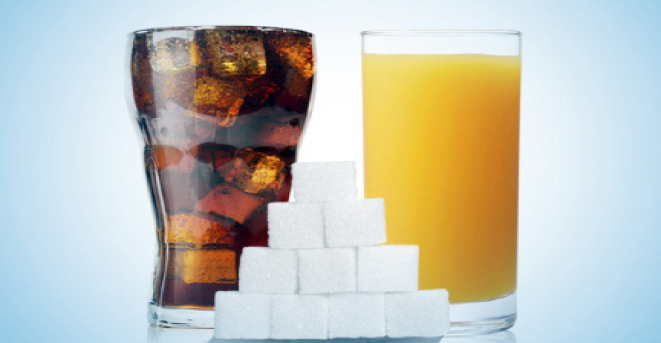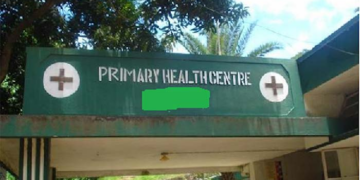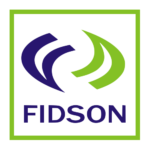The World Health Organisation (WHO) has called on Nigeria and other member countries to implement a 50 per cent increase in the prices of sugary drinks, tobacco, and alcohol through taxation within the next decade, as part of a global strategy to curb rising non-communicable diseases (NCDs).
The recommendation came under WHO’s newly launched “3 by 35 Initiative,” which aims to increase the real prices of these harmful products by at least 50 per cent by the year 2035.
The initiative, according to WHO, is designed to reduce consumption of products linked to diseases such as cancer, heart disease, and diabetes, conditions that now account for over 75 per cent of deaths globally.
In a statement on its website, WHO said the proposed health taxes would not only help protect public health but also generate substantial revenue that can be reinvested in healthcare, education, and social services.
WHO’s Assistant Director-General for Health Promotion and Disease Prevention, Dr. Jeremy Farrar, said “Health taxes are one of the most efficient tools we have. They reduce the consumption of harmful products and provide governments with revenue to strengthen critical services. It’s time to act.”
WHO estimates that a one-time 50 per cent tax hike on tobacco, alcohol, and sugary drinks could prevent 50 million premature deaths over the next 50 years, while raising up to $1 trillion globally in the next decade.
Between 2012 and 2022, nearly 140 countries raised tobacco taxes, increasing real prices by more than 50 per cent on average evidence, WHO says, that widespread reform is achievable. Countries like Colombia and South Africa have already recorded significant declines in consumption alongside increased public revenue after introducing health taxes.
However, WHO warned that some nations still offer tax breaks to unhealthy industries or sign long-term agreements with tobacco companies that restrict tax increases practices that weaken public health efforts.
The “3 by 35” Initiative promotes country-specific reforms backed by global partners and technical experts, helping governments adopt and implement effective tax policies.
WHO urged countries, civil society organisations, and development partners to commit to smarter, fairer taxation policies that accelerate progress toward universal health coverage and the Sustainable Development Goals (SDGs).
In Nigeria, the National Sugar Tax Coalition has echoed WHO’s call. The group has urged the federal government to adopt the recommendations of a recent simulation study which shows that raising the current sugar-sweetened beverage (SSB) tax from N10 to N130 per litre could save thousands of Nigerians from SSB-related diseases.




